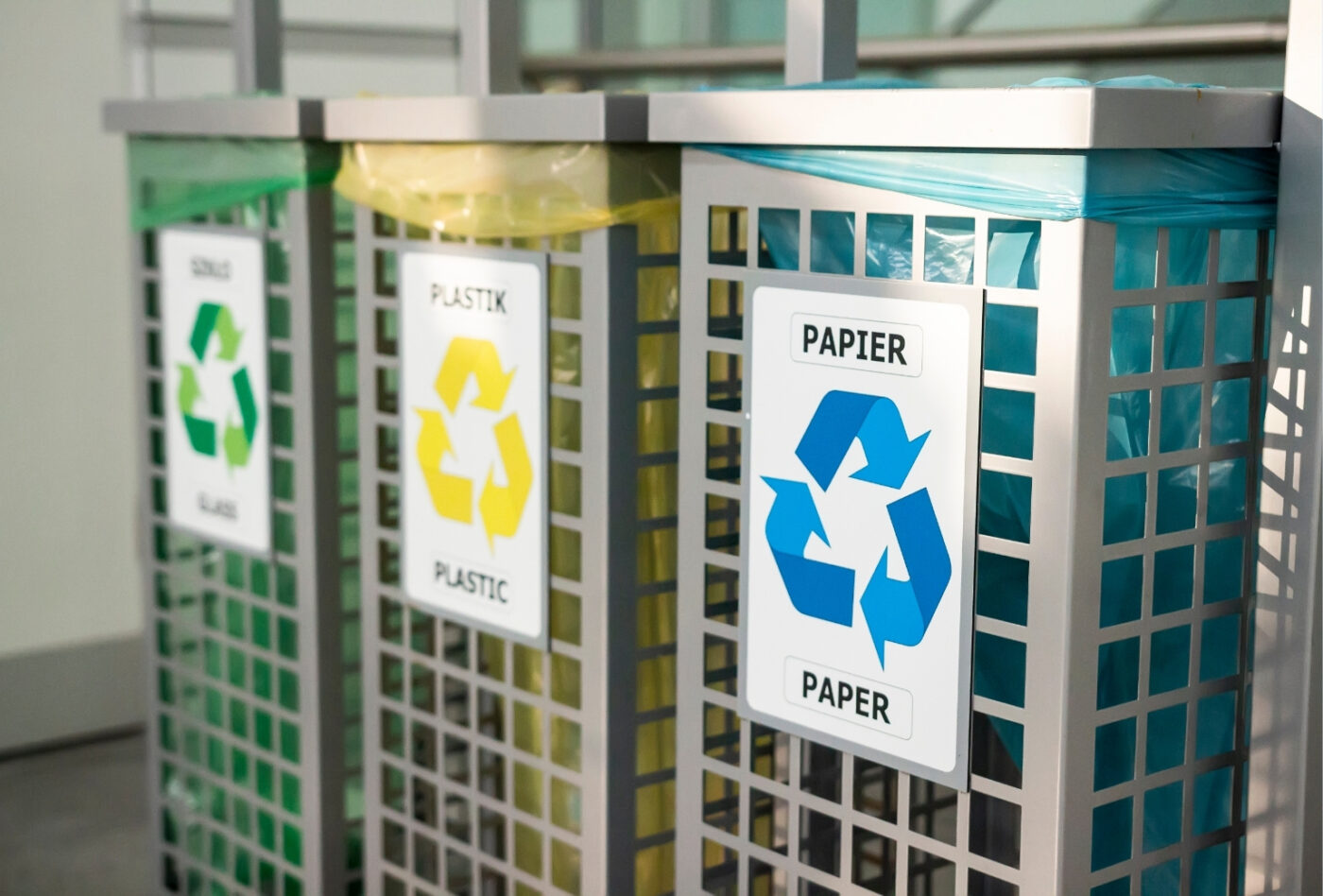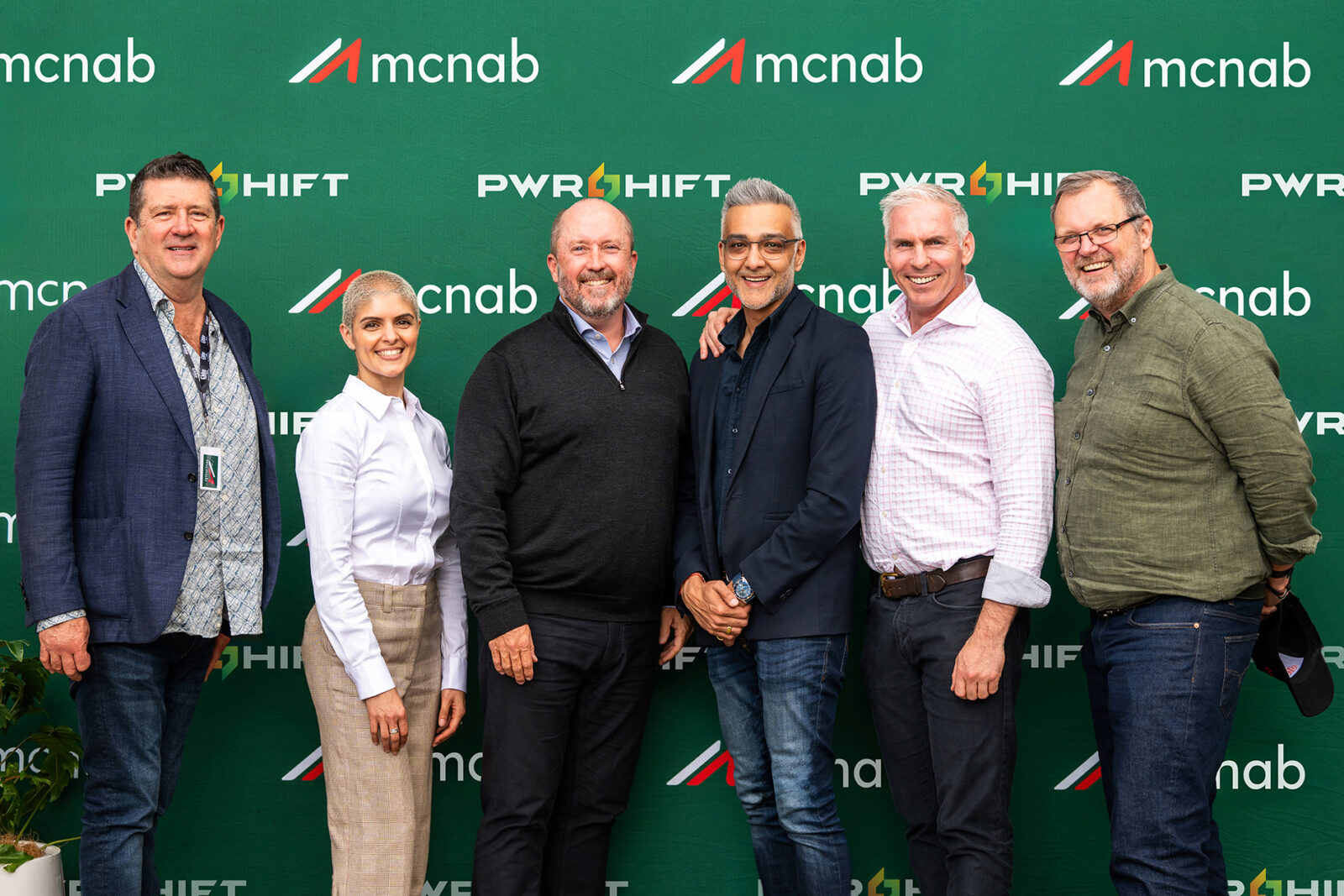
Colliers Engineering & Design leads the shift towards integrated waste solutions that reduce risk, cut costs, and enhance environmental outcomes.
As the property sector faces increasing pressure to meet sustainability targets and deliver long-term value, waste management is emerging as a critical performance metric.
Incorporating waste management into the DNA of property development is no longer optional—it’s essential for future-ready assets. That’s why Colliers Engineering & Design is leading the way by positioning Waste Management as a key pillar in its expanding portfolio of services.
Colliers Engineering & Design’s holistic approach integrates waste management across the entire asset lifecycle—from design and construction through to daily operations. This perspective empowers owners and operators to make smarter decisions, achieve measurable impact, and future-proof their assets in an increasingly sustainability-driven market.
Simon Kenny of Colliers Engineering & Design explained, “By embedding waste management into every stage of an asset’s lifecycle—from design to daily use—we not only help protect the environment but also drive operational excellence and financial resilience. It’s about rethinking waste as a performance tool, not just a compliance issue.”
From infrastructure planning and operational integration to tenant engagement and financial optimisation, a comprehensive waste strategy delivers tangible benefits: reduced costs, lower risk, improved efficiency, and stronger environmental outcomes.
“With ESG expectations rising and landfill diversion targets becoming more ambitious, property owners and operators are seeking smarter, more integrated solutions. Waste management is proving to be a key enabler—supporting healthier environments, happier tenants, and more resilient assets,” Mr Kenny added.
Strategic planning at the design stage ensures buildings are equipped with the right infrastructure and connection to back of house operations for waste separation, storage, and collection. Operationally, optimised loading dock layouts, and service scheduling reduce disruption and improve efficiency. Education programs for tenants and occupants further enhance outcomes by promoting sustainable behaviours.
Reviewing waste service contracts, conducting on-site audits, and addressing inefficiencies can lead to significant cost savings. More importantly, these strategies contribute to long-term asset value by aligning with sustainability goals and reducing exposure to regulatory and reputational risks.
Mr Kenny concluded, “As the property market continues to evolve, waste management is emerging as a critical component of building performance. It’s not just about managing rubbish—it’s about managing smarter, building better, and preparing for a more sustainable future.”






